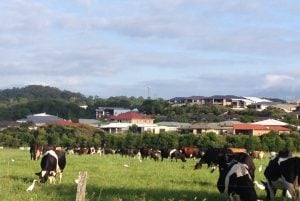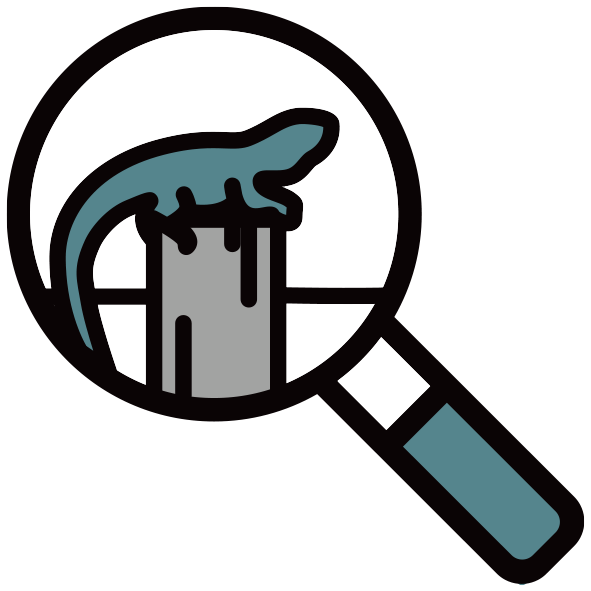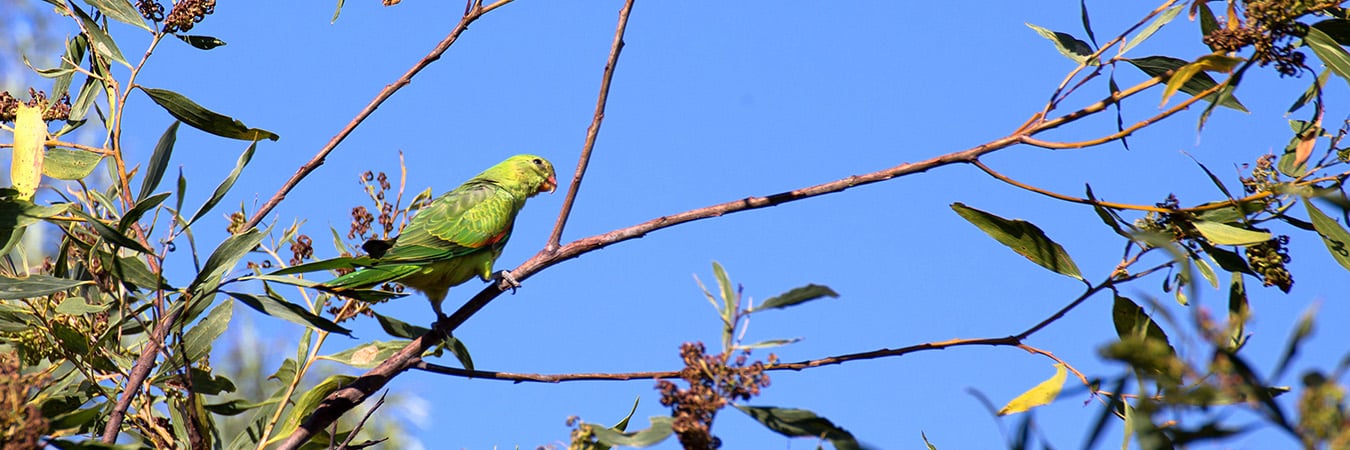What is Peri-urban?
A peri-urban area is the urban/rural interface commonly found around larger cities. It is a dynamic, diverse area and one of the fastest growing zones as the population grows and new areas open up for development. Peri-urban areas are commonly populated with small landholdings used for hobby farms, community gardens, or small-scale, non-commercial agricultural enterprises.
Peri-urban areas are known to present a prime pathway for diseases, pests and weeds reaching our agricultural regions. It is critical that awareness is raised of biosecurity risks and that people in peri-urban areas are encouraged to take action to protect NSW from biosecurity threats.
Biosecurity is good for your small landholding
 Practicing good biosecurity means taking action to protect your hobby farm or small landholding from the negative impacts of pests, diseases, weeds, and contaminants. Everyday farming and gardening practices are all part of being biosecure.
Practicing good biosecurity means taking action to protect your hobby farm or small landholding from the negative impacts of pests, diseases, weeds, and contaminants. Everyday farming and gardening practices are all part of being biosecure.
Being biosecure will help:
- keep your animals safe from disease
- you to grow more produce and reduce impacts of weeds and pests
- our primary producers gain better yields at lower costs, whilst maintaining access to interstate and international markets
- reduce stock losses and infrastructure damage by pest animals.
The NSW Peri-urban Biosecurity Program?
The NSW peri-urban biosecurity program began in Sydney in 2015. Sydney is the gateway to NSW and its peri-urban areas have long been recognised as a high biosecurity risk. In this region there are more incoming international travellers and freight than anywhere else in the country along with a high density of small landholders.
“Biosecurity in the Greater Sydney region keeps farmers in business, maintains export markets, keeps the community healthy and protects our environment – and we want to keep it that way.”
The Peri-urban Biosecurity Program was developed in partnership with NSW Department of Primary Industries (NSW DPI) and the Greater Sydney Local Land Services (GS LLS) to focus on strengthening collaboration and improving the capacity to identify, respond and manage biosecurity threats. It focuses on urban and peri-urban risks which are due to the introduction or spread of diseases, pests or weeds and affect humans, plants, animals or the environment. Through effectively managing these risks, the environment, community and people’s livelihoods will be protected.
Further Information
- Peri Urban Biosecurity Program https://www.dpi.nsw.gov.au/biosecurity/managing-biosecurity/our-partners-and-programs
- Small landholders role in biosecurity https://www.dpi.nsw.gov.au/biosecurity/your-role-in-biosecurity/small-lot-holders
Acknowledgements:
- About the author Nicole Schembri

